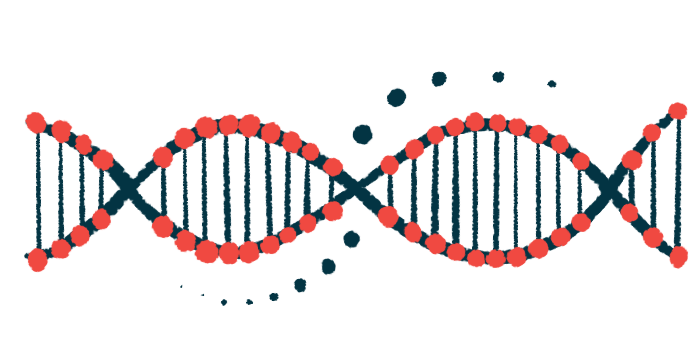CF Foundation funds Nosis Bio to design gene therapy carriers
Up to $2M investment will use AI to develop new delivery vehicles
Written by |

The Cystic Fibrosis (CF) Foundation will put up to $2 million into an effort by Nosis Bio to use artificial intelligence (AI) to design carriers that can safely deliver gene therapy into the lungs of people with CF.
“This type of therapy has the potential to treat anyone with CF, including those with rare and nonsense mutations,” the CF Foundation stated in a press release that announced the investment.
As one of the inaugural winners of the foundation’s “Golden Ticket” Competition, Nosis has received office and lab space free for one year at Bakar Labs, which are part of the Bakar BioEnginuity Hub at the University of California in Berkeley. The company also won access to the foundation’s research resources to further its gene therapy technology.
The need for new gene therapy carriers
CF is caused by mutations in the CFTR gene, which provides cells with instructions to produce a protein of the same name, which helps control the movement of chloride into and out of cells.
There are thousands of known mutations, which might cause CFTR to be made in very small amounts or not at all, or to be dysfunctional. When this happens, the mucus outside cells becomes thick, driving symptoms of CF, including lung problems.
Because different mutations cause different changes in producing CFTR, some treatments may work for one person, but not another. For example, CFTR modulators can bind to specific faulty versions of CFTR to make the protein work in a more efficient way. This type of treatment doesn’t work however with nonsense mutations, which are those that introduce an early stop signal in the instructions to produce CFTR, or other rare mutations. This results in a protein that’s too short and unstable and gets rapidly degraded in cells.
By introducing a normal copy of the CFTR gene into cells, gene therapy could help replace the faulty or missing protein. This can potentially benefit anyone with CF, no matter what their disease-causing mutation is.
Gene therapy is usually delivered aboard a harmless virus that can be taken up by cells. However, the immune system may see the introduced gene or the viral carrier as foreign or unfamiliar and react to protect the body, causing an unwanted immune response.
To make delivery safer, Nosis is using AI and deep learning — an AI technique that teaches computers to process data in a way similar to the human brain — to design new molecular carriers to get gene therapy directly into specific lung cells.
These targeted delivery vehicles (TDVs) may “turn traditional therapies into highly targeted, safe, and effective treatments,” the company’s webpage states.
Nosis Connexa, the company’s end-to-end platform, generates TDVs for specific cell or tissue types. This should help develop better treatment options when the current ones don’t work or aren’t safe, according to the company.
The investment is part of the CF Foundation’s “Path to a Cure,” a $500 million program that seeks to speed up the development of treatments that address CF’s underlying cause.







